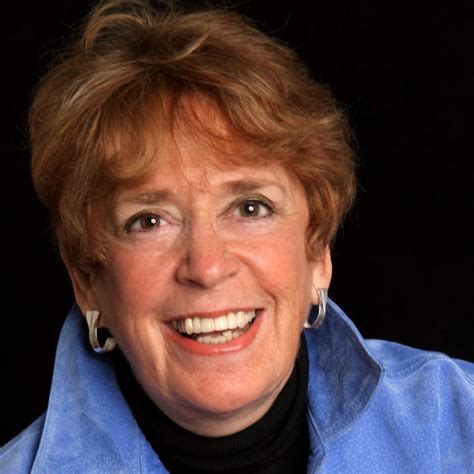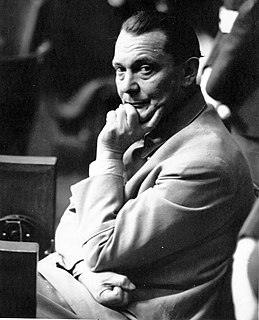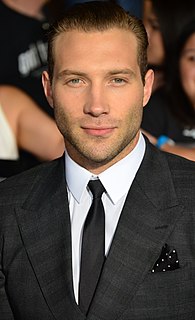A Quote by John Prine
One time, I went to school, and they asked us all to find out where our roots were. It's goin' around the class, and the kids were going, 'I'm Swedish-German' or 'I'm English-Irish.' They got to me and I said, 'Pure Kentuckian.'
Related Quotes
From the time we begin school, if not sooner, we are taught to be blind to our assets and only see our deficits. We are carefully marked on how many we got wrong on a test and, rarely if ever, asked how we know how to spell the ones we got right. By the time we are adults, we are well versed in every one of our limitations, skilled in our incompetence. If we were fish in an aquarium, it would be as if we kept smashing against the glass, and forgot the fact that we were perfectly capable of turning ever so slightly and swimming gracefully in the water all around us.
Many of us are returning from a long journey during which we were forced to search for things that were of no interest to us. Now we realize that they were false. But this return cannot be made without pain, because we have been away for a long time and feel that we are strangers in out own land. It will take some time to find the friends who also left, and the places where our roots and treasures lie. But this will happen.
My uncle was the first one in my family to get a telephone. It was like going to the moon. He came running over to tell us, and we were so proud. A telephone! We didn't have to go to the candy store to phone any more. We went around telling everyone. But we didn't hear from my uncle for three days, so my father got worried. He said, Let's go over there. We got there, and my uncle was very depressed. I asked, What's the matter? He said, I got a telephone and nobody called me. He didn't give his number out - he didn't know that you had to!
There was so much anti-Irish sentiment not just from other kids at the school I went to in Britain, but also the teachers themselves. I remember very clearly a lot of the things people said to me and my sisters. And of course those sentiments go back a long way. When my dad visited London in the 50s and was looking for somewhere to stay, there were signs outside boarding houses that said "No blacks, no Irish."
The public schools in our neighborhood were so bad that the teachers in the school said you shouldn't send your kids here. My mother called around and found a school that was willing to give both me and my brother scholarship money. It's a classic story about black parents wanting more for their kids than they had for themselves.
I was in middle school right around the time the Bloods and the Crips started taking root in Compton and a lot of the other neighborhoods around me. I saw way too many of my peers - smart, kind, good kids - who got drawn into gangs and violence, and their futures were going to be forever scarred by that.
One white man on the platform in South Carolina asked us where we were going--we had got off the train to get some fresh air and to dust the grit and dust out of our clothes. When we said Africa he looked offended and tickled too. Niggers going to Africa, he said to his wife. Now I have seen everything.
At drama school, a casting director asked the class to walk round the room one at a time, and we had to imagine who they might be. The two before me were described as a doctor and a businessman, but when it came to me, they said homeless person. That was when I thought I'd better do something about my appearance!
Some people have this really clear memory of making that decision, and I don't. My earliest memories of being involved with drama or acting were in elementary school. My sister and I got dropped off at an after-school improvisation class, a time-killer for kids while parents were doing the groceries. I'm 6 years old, and I remember running amok and playing these games.
We once discussed which were the cleanest troops in the trenches, taken by nationalities. We agreed on a descending-order like this: English and German Protestants; Northern Irish, Welsh and Canadians; Irish and German Catholics; Scots; Mohammedan Indians; Algerians; Portugese; Belgians; French. We put the Belgians and French there for spite; they could not have been dirtier than the Algerians and the Portugese.




































